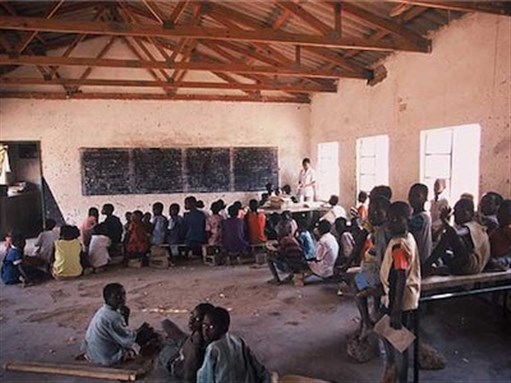[This statement was released on 23 November 2015.]
In light of recent events and revelations, we, as faculty and graduate student members of CUNY for Palestine, reiterate our unequivocal support for students to organize for social justice, and to protest against injustices, without having their rights to free speech and free assembly infringed upon or violated by members of the university administration or law enforcement.
We have noted with great concern recent revelations regarding spying and surveillance by the New York Police Department, aimed at Muslim students and organizations at Brooklyn College. In light of these new revelations, we join with others in calling upon Chancellor Milliken and other members of the CUNY administration to formally state their opposition to these operations and work actively to stop them. Such practices are all too obviously part of the unacceptable policing practices that have become rampant at educational institutions, with racial and ethnic profiling at their heart.
We have also taken note of a recent report by Palestine Legal, documenting an increase in incidents of harassment, violations of free speech rights, baseless legal threats, and material physical threats against Palestinian and Palestine solidarity activists on campuses across the United States. This report refers specifically to the repression of student activists, including members of Students for Justice in Palestine (SJP), at CUNY. This follows upon Palestine Legal’s comprehensive and disturbing report with the Center for Constitutional Rights, “The Palestine Exception to Free Speech,” which exhaustively documents the widespread and growing suppression of Palestinian human rights advocacy in the United States—including growing repression on college and university campuses.
Most recently, we have read the powerful statement issued on November 19, 2015 by New York City Students for Justice in Palestine and other organizations. Their statement documents CUNY’s continuing and shameful investments in G4S, a security firm with involvement both in the private prison industry in the United States and in the most violent aspects of Israeli occupation and apartheid. We also share students’ concern that CUNY administrators rushed to issue statements in response to largely unsubstantiated media accounts of alleged actions taken by members of SJP and other protesters, while remaining silent about other allegations of racist instigations and Islamophobic actions against these same protesters, not to mention the administration’s resounding silence regarding the recent revelations of NYPD informants spying upon CUNY students.
In light of all this, we feel the need to call renewed attention to an open letter from September 2014, signed by 180 faculty from across the CUNY system, affirming the right of students involved with SJP to organize on campus with the same freedom accorded to other student groups. Given the well-documented “Palestine exception,” the continuing profiling of students based on racial, ethnic, and religious identities, and the continued insistence of the administration to hold SJP to a different set of standards than other student groups, we feel that this resounding statement from CUNY faculty is more important than ever. We are deeply troubled to note that, not only were our concerns of over a year ago apparently not heeded by the CUNY administration, but in fact the conditions and injustices we deplored then have gotten even worse. We reaffirm our commitment to supporting the right of all students and student organizations to organize and resist. And we call upon the CUNY administration to not just uphold these rights, but to publicly declare their commitment to the rights of all students to protest and organize, and their opposition to any infringement of these rights.
Especially today, at a moment when students across the country are organizing and demanding changes in the way their institutions do business, it is crucial that CUNY administration finally start to get the message.
[To view the original faculty statement, with signatories, and to add your support, please click here.]
![[Image via CUNY for Palestine Facebook page.]](https://kms.jadaliyya.com/Images/357x383xo/CUNY_SJP_images.jpg)
















